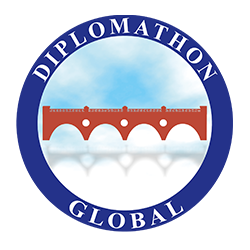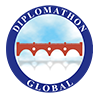The representing contingent of a school is bifurcated across the various committees available at the conference with at least one delegation being present across every committee (depending on the availability of the same). The School Faculty Advisor is sent the available list of profiles & committees being allocated to the school & are then requested to kindly allot every delegate in accordance to the same.



